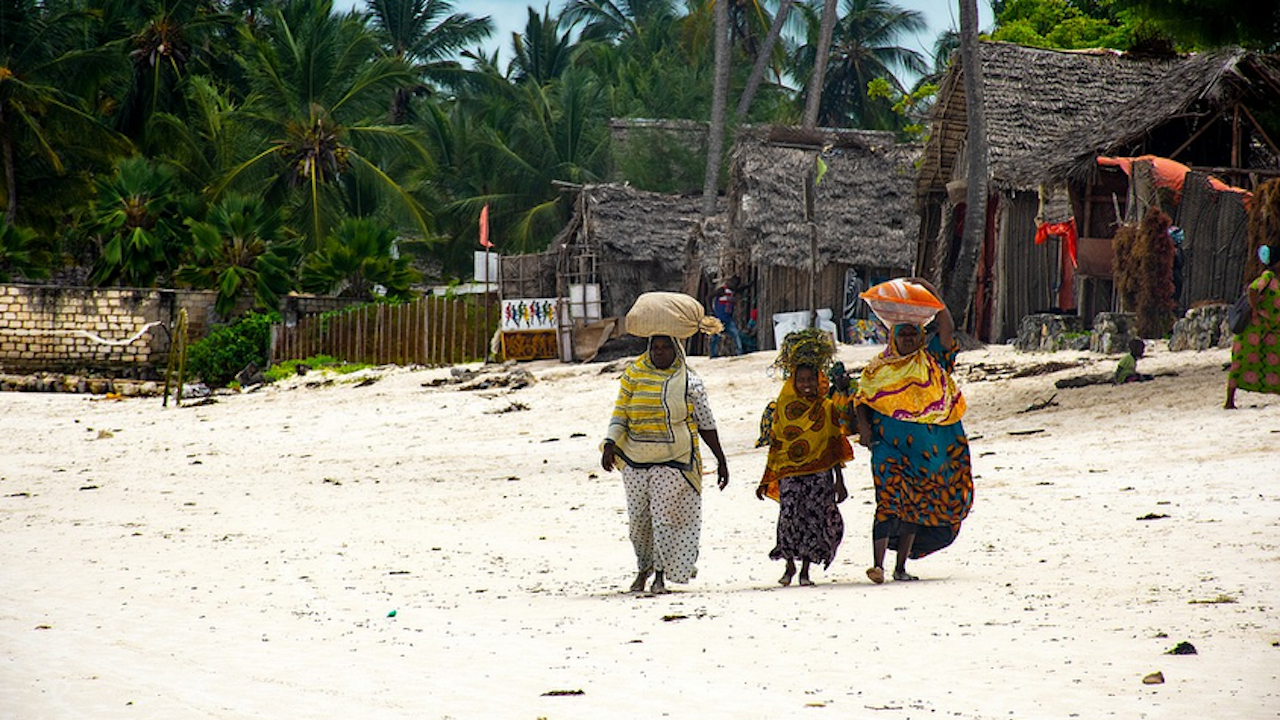Is there a risk that the numerous Bulgarian tourists in Zanzibar and Kenya will import the South African and Nigerian variants of the coronavirus?
Everything on the topic:
Coronavirus epidemic (COVID-19) 20786
–Experts openly express their concerns that this is possible. Kenya and Tanzania, to which Bulgarian charters fly, do not currently require a negative PCR or antigen test upon entry. That is why these destinations are so attractive to many tourists.
Sports journalist Stefan Georgiev spent a week in Zanzibar. Here is what he said about the security measures: “There are no real ones, as we know them in Europe and in civilized countries here, and in this part of the world they have long ignored this virus,” Blitz reported.
In the few cases in which hotel staff wear masks, they are placed incorrectly under the chin, says Stefan. Bars and restaurants are visibly crowded with people of many nationalities who also do not wear masks and do not keep their distance.
Hope that a possible infection with the new Nigerian and South African variants will not be imported to Bulgaria, are the mandatory PCR tests on landing in our country.
“Here at the airport RHI records telephone numbers, passport data and within 24 hours you have to present a negative PCR test to eliminate the 10-day quarantine,” said Stefan Georgiev.
According to some experts in Bulgaria, there is no evidence that the new Nigerian version of the coronavirus infects both vaccinated and people with natural antibodies. According to other experts, however, such a risk is within 3 percent for those vaccinated and 10 percent for those with natural antibodies. The reason for the second version is a mutation that changed the place of two amino acids in the genetic code of the virus, which reduces the ability of human antibodies to neutralize it.
“You will not die, you may not go to the hospital, you will have a hard time, but you will have a fever, a sore throat and lethargy within a week … The vaccine companies currently in use in Europe and the United States are able to within a month to adapt the vaccine to meet the latest mutations, “says Prof. Todor Kantardzhiev.
If it is proven conclusively that the current vaccines do not protect against the new variants, a third dose of vaccine will probably be needed in the autumn.



